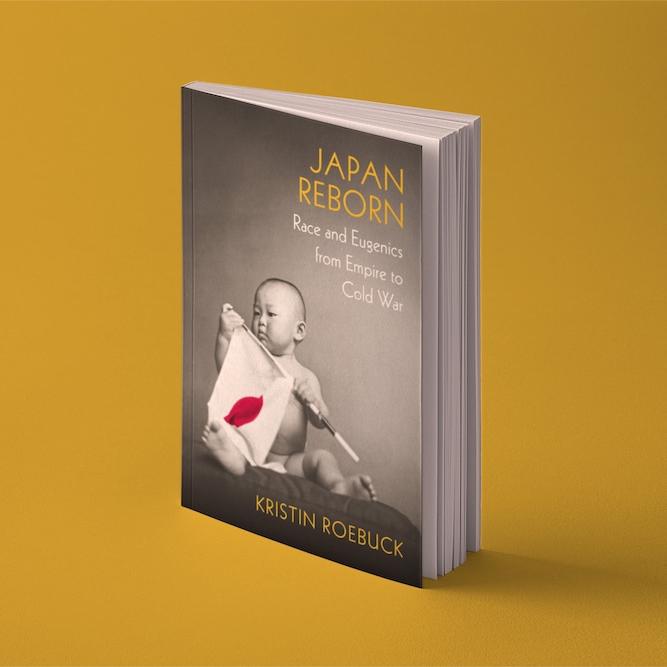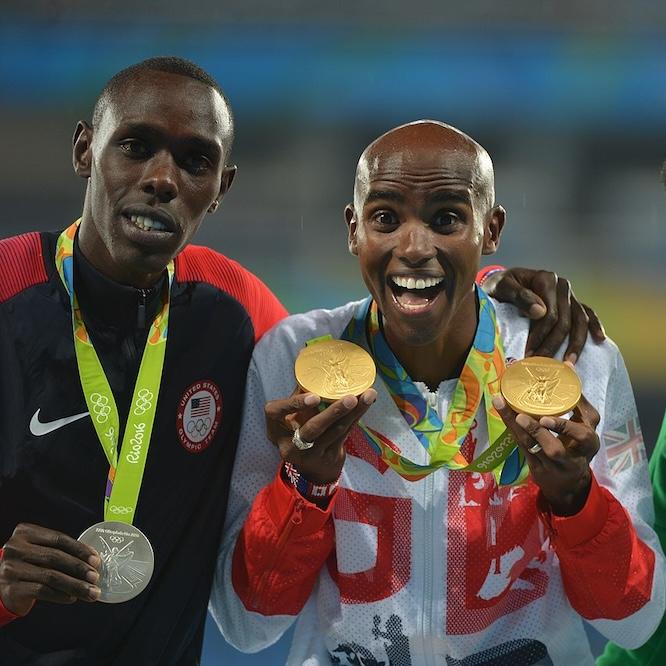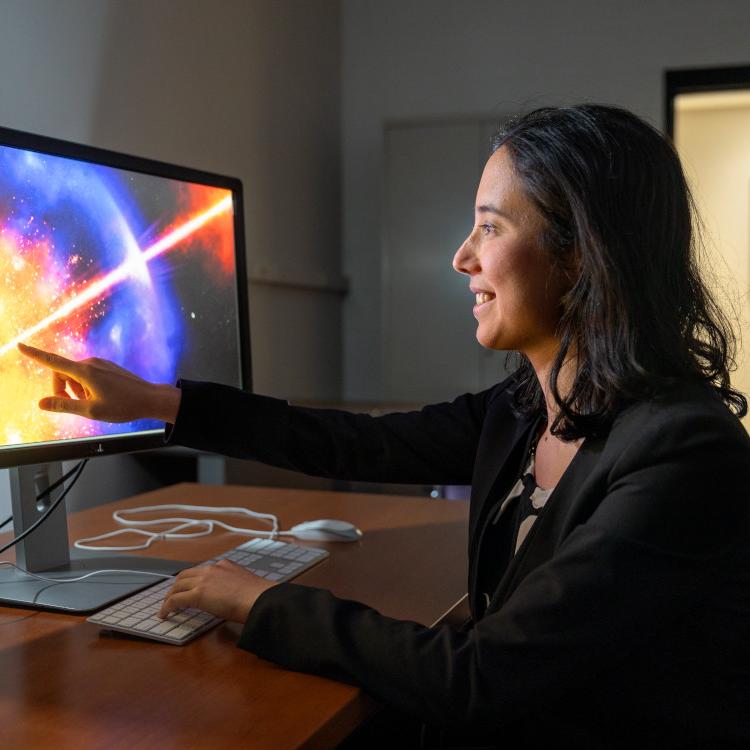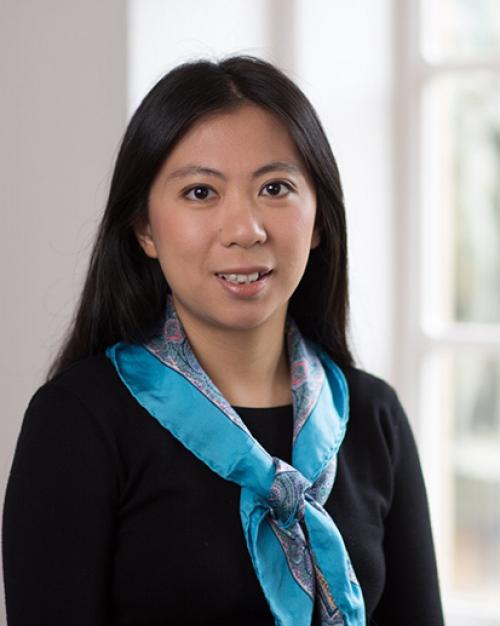Today, applications of artificial intelligence (AI) are everywhere: in transportation, security, medicine, manufacturing, and social media feeds.
While much study has been done on the engineering and ethical dimensions of pervasive new technologies, said Baobao Zhang, a Klarman Postdoctoral Fellow in the College of Arts and Sciences, empirical social science research is also needed to understand how people react to tech—and how governments create policy around it.
“We live in a democratic society and I think a lot of these technologies are being pushed onto users without their fully understanding what’s happening,” Zhang said. “I think we should value the input of the users and the general public so we don’t get what some people worry about—surveillance capitalism or the surveillance state.”
Based in the Department of Government, Zhang is researching trust in digital technology and the governance of AI. For her, the three-year Klarman Postdoctoral Fellowship is an opportunity to research technology policy, working closely with Sarah Kreps, the John L. Wetherill Professor of government.
“I’d followed Baobao’s work for years,” Kreps said. “She and I were at the same workshop when she was a first year Ph.D. student [at Yale] and she was already incredibly impressive. She was working on experimental methods, but then started to work on artificial intelligence, which was an emerging interest of mine.”
Zhang uses social science techniques, such as surveys, to measure perceptions of technology among general and specific populations, such as machine learning researchers.
“Based on my existing work, the public is not a monolithic whole. There’s a lot of heterogeneity in people’s trust in these emerging technologies,” Zhang said. “What I’m hoping to do in collaboration is to study what trust looks like among the people who are using the technology [and among] members of the public.”
In a current project with collaborators from Oxford University and the University of Pennsylvania, Zhang surveyed AI and machine learning researchers to get their perspective on AI ethics and governance. In other, recently published research, the team found perception gaps between what technical experts expect for AI development timelines, compared to the public.
“Interestingly, the public thinks that … very advanced AI systems will arrive much sooner compared to the machine learning researchers,” Zhang said.
Zhang also researches the increasing automation of labor and traditional topics in international relations like interstate conflicts. She is a co-author on a recent paper on “Conflict and Provocation” in The Journal of Conflict Resolution.
With the onset of the COVID-19 pandemic, Zhang pivoted her research to focus on attitudes toward COVID-19 surveillance technology. Her first collaboration with Kreps was on digital contact tracing. An article they wrote for Brookings about this research was cited in a United States Senate report in July.
“We’re both very interested in emerging technologies, and these COVID-19 related projects (we also have one on vaccines) are a natural space for our collaborative efforts,” Kreps said.
Zhang plans to write a book during her Klarman Fellowship on citizens’ trust in emerging digital technologies, including ones deployed in response to COVID-19.
Zhang also has an affiliation with the Department of Information Science, where she is a member of the Artificial Intelligence, Policy, and Practice (AIPP) group.
“Baobao brings unique disciplinary knowledge to the AIPP group, and it’s fantastic to hear her perspectives on both technical and social science work,” said Karen Levy, assistant professor in the Department of Information Science, who is co-sponsoring Zhang’s Klarman fellowship. “Baobao’s research addresses critical questions about the governance of artificial intelligence in an inherently interdisciplinary way.”
“Cornell is an ideal place for me to do this research,” Zhang said. “When I found out about the Klarman Fellowship, I was excited to apply because I knew there were a lot of folks here doing the type of research I wanted to be doing.”




